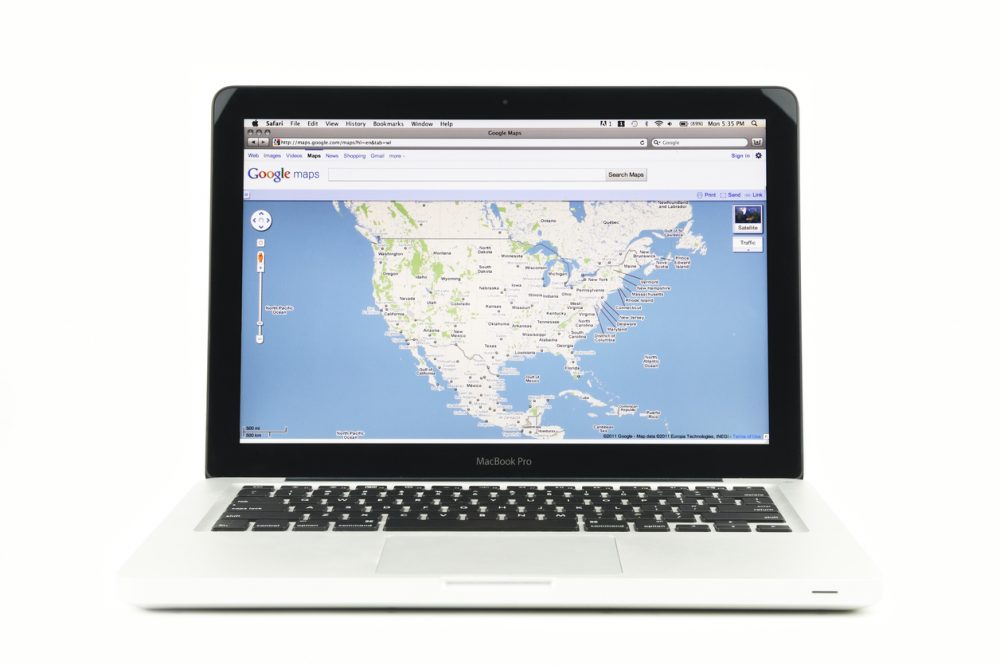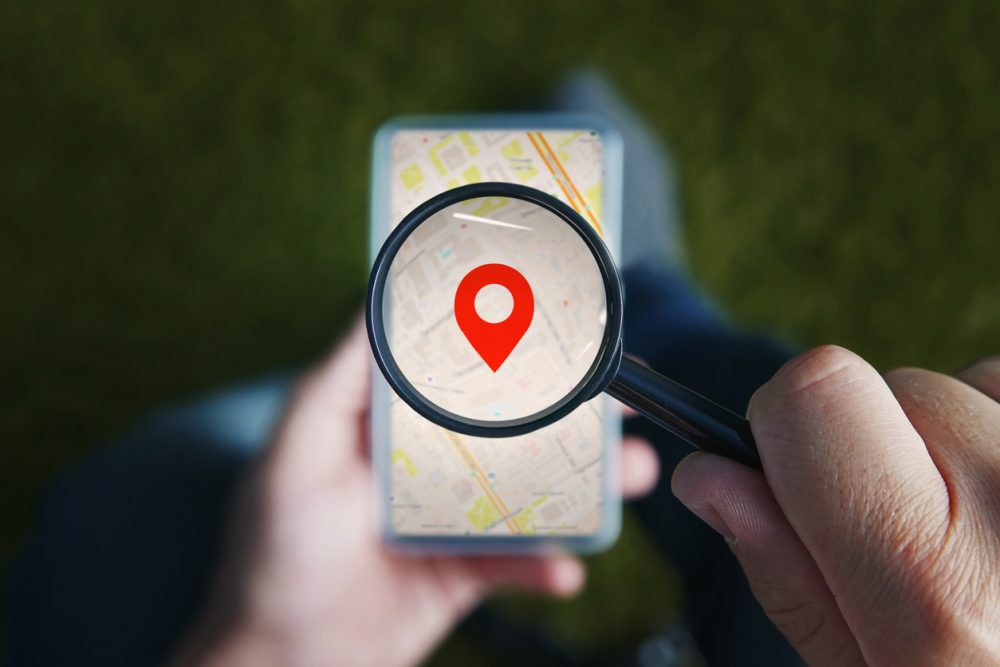In the modern world, your store doesn’t exist unless it exists online. So if your business has more than one location that deserves foot traffic from modern customers, you’re going to need store locator software. A store locator provides a search function on your Website for all the local, national, or global locations of a brick-and-mortar brand. Store locators help customers find a restaurant they like, a place to buy or return merchandise or to find a favorite store in a new location. But you can’t rely solely on the search engine maps that have become our default store location method. Why?

Search engines are great for general use, but not specifically for helping your customers find every nearby store they might want to visit. Most businesses find that a custom store locator is absolutely necessary in addition to the automatic function of a search engine map. Why? There are two sets of reasons to branch out with a custom store locator. The first is that search engines can be wrong and you have little control over them. The second is that a custom store locator can offer more value, customer interaction, and data than any default search engine map.
Let’s take a closer look.
Search Engines Can Get it Wrong
Search engines are halfway between public property and a separate search-based corporation. Search engine data is made up of all the other data online and information entered directly by search engine users. The thing to remember is that this data can be wrong. Stores are listed in the wrong locations, with the wrong names, and with the wrong metadata all the time. Relying on a search engine to be correct is like relying on the weather to be clear. You may be right most of the time, but being wrong comes with downsides
1) Customers Can Enter False or Incorrect Store Locations
A search engine map knows where businesses are because someone has entered that business into the search engine with a name and address. Did you know that it doesn’t have to be the business owner or manager who enters the business? Customers can punch in an address and the name of your business, whether or not they are correct.
Relying on a search engine map as a store locator means there’s a chance your customers will accidentally be directed to a store location that doesn’t exist. Talk about a bad way to start the customer relationship. If someone made a mistake and the address is wrong, your store locations lose business.
2) Search Engine Maps Often Mislabel Your Entrance and Parking
One of the biggest problems with search engine maps (and the directions they give) is parking. Especially for downtown and busy urban areas, knowing a building’s location on the street doesn’t always help customers park and patronize. If that pointer points to the front door but not the driveway and parking lot, then those driving to your location may have difficulty actually arriving at your stores.
With your own custom store finder, you can not only place the pin-points with greater accuracy, but you can also customize the directions so that customers are always given a route that ends in parking, not just driving by the location.
3) Search Engines Can Exclude One or More Locations
Search engines are also notorious for excluding locations, sometimes even when the listing exists. Search engine maps may show only a few of the locations but not all of them to reduce map clutter or the number of search results. Regardless of which location results the customer may have been looking for. Search engines also may not be aware of all of your store locations and therefore may exclude some from searches every time. This can, in effect, exclude those locations from getting new customers as well.
4) Limited or Incorrect MetaData
The metadata for each location can be critical to winning new customers. Depending on the type of businesses you run, each location’s metadata can tell customers things like prices, hours, availability, amenities, and other appealing details. Search engine maps have come a long way in providing metadata for locations, but it’s not perfect. Limited data options may also limit what you can convey to customers. And incorrect metadata can be actively misleading.

Custom Store Locators Provide Greater Connection
On the flip-side, a custom store locator on your company website can be the key to helping customers find exactly the location they want. Customers in a new area can find your stores when far from home and customers looking for a specific store will be able to sort and quickly assess the results. Having your own store locator puts the power in your hands. You determine which locations customers can see and the information shared on each store available.
1) Interactive Location Searches
One of the great advantages of a custom store locator is that you can make the search results interactive. Help customers narrow down what they’re looking for or look for something specific. You can help customers sort by inventory, availability, menu, or in-store services. You can encourage customers to choose a store based on what matters to them, not what matters to the search engine.
2) Site-Specific Promotions
You can also make much greater use of your store-by-store promotions. A custom store locator allows you to prioritize and display store locations based on site-specific events and opportunities. If one store in town is having a sale or a public event, then your customers may want to know when they’re searching for a promising location to shop. With a custom store locator, you can display site-specific offers and promotions to customers in a way that search-engine maps simply cannot.
3) Direct Customer Interaction
You can even interact with customers directly. Through interactive searches, on-site live chat, and helpful map widgets, you can turn looking for a new store location into a relationship-building experience for customers. Get customers engaged before they even walk through your doors and your local customer community will start to grow.
4) Better Analytics Data
Finally, you’ll never get better analytics than with a feature on your own website. A custom store locator for your brand website can offer you superb and finely detailed analytics data on local store searches, selected stores, search patterns, and which locator features customers seem to like most. That analytics data will help you improve your store locator experience and gain greater insight into your customer journey as well.
—
If your business has multiple store locations and is ready for a custom store locator solution, contact us today! Our team would be honored to help you build the store locator that your brand and customers deserve.
